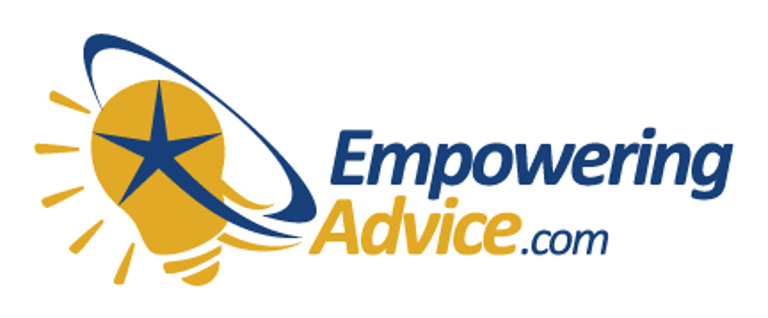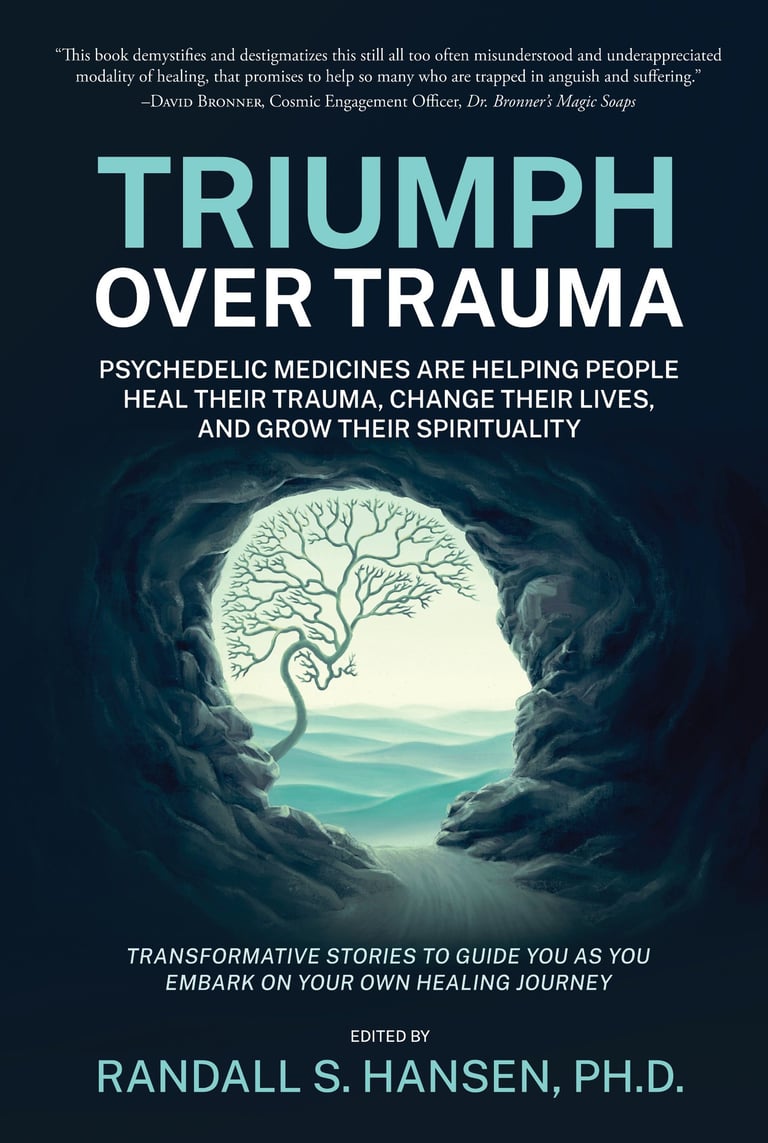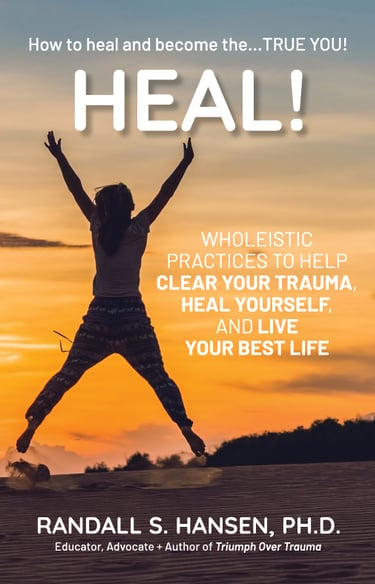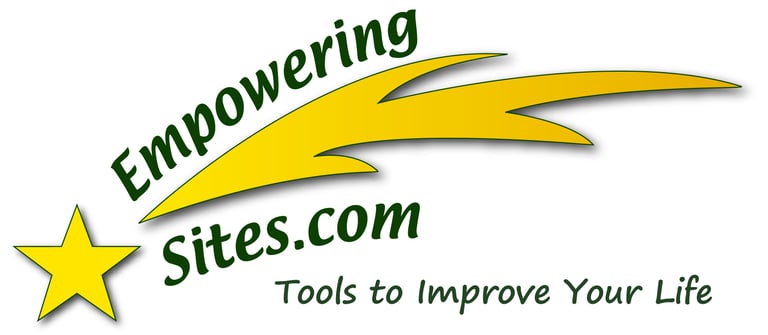Is Exercise a Four-Letter Word to You?
Remember weekend warriors? Gardening and weeding? Housework? Walking the neighborhood or playing at the local park? Are you still doing those things or have you joined the ever-increasing number of people living a sedentary life?
Are you an active "being" throughout the day or do you spend most of your time behind a screen, sitting at a desk, playing video games, and/or bossing Alexa around?
We have a two-fold problem. First, while we are meant to be active creatures, we are increasingly living a sedentary lifestyle. Second, we've come to dislike the idea of exercise, seeing it as something negative rather than life-enriching. Exercise should not be treated like a four-letter word!
Exercise in all forms induces our whole system to repair itself and keep us in optimal health. Exercise helps us maintain our physical and mental health and increases healing... and yet, when we start talking about it, many people tend to turn a deaf ear.
What is it about the word exercise? Maybe we should simply rename it as "movement"? (Of course, then "move" truly is a four-letter word!) Yes, there are fitness gurus and weight-lifters who seem to fit our negative stereotype of "gym rats," but exercise encompasses so much more than going to a gym.
Exercise does not have to equate to going to a gym or completing a workout on the latest (and expensive) home gym equipment. You do not need a gym to exercise. The most basic and best of all exercise -- walking -- only requires a comfortable pair of shoes.
Why do so many of us seem to dread exercise? Again, I think it's because we simply have the wrong concept of it. It's not like we have to devote hours of our days to exercising in a dank gym or down in our basement.
Research studies indicate that modest amounts of regular exercise -- movement -- can make a big difference in our overall health -- regardless of age, fitness level, experience.
Like many things in our adult lives, it's time to reframe exercise; it's time for a new and better perspective on the importance of moving our bodies. It's time to celebrate exercise, movement, fitness, workout, aerobics, weight-lifting.
If you're not quite convinced we should be celebrating moving our bodies, a few new scientific studies should convince you:
Just adding 10 minutes more per day could save your life. Researchers looked at the activity levels of nearly 5,000 participants ages 40 to 85 and tracked death rates through the end of 2015; they theorize that 110,000 deaths in the U.S. could be prevented annually if adults age 40+ added 10 minutes of daily moderate to vigorous physical activity to their normal routines.
Longevity researchers found that physical activity later in life shifts internal energy away from processes that can compromise health and toward mechanisms that extend the health of the body. Furthermore, movement and exercise guards against chronic illnesses (such as cardiovascular disease, type 2 diabetes, and some cancers).
A meta-analysis of 187 studies resulted in researchers concluding that the evidence suggests physical activity/exercise/movement reduces mortality rates and improves quality of life with minimal or no safety concerns.
According to a report from the Office of Disease Prevention and Health Promotion (OASH) titled, Physical Activity Guidelines for Americans, the benefits from movement include improved brain health and cognitive function, a reduced risk of anxiety and depression, and improved sleep and overall quality of life.
OK. But What Counts As Exercise/Movement?
Anything that has you MOVING is exercise.
It's also important to think of movement that incorporates several aspects, including:
Aerobic: anything that gets your heart and lungs pumping, such as walking, running, biking, swimming, dancing, stair-climbing. But also pulling weeds, vacuuming, sweeping, gardening.
Balance: any movement techniques that helps improve balance, such as yoga and Tai Chi.
Strength: anything that helps improve/build/tone muscles, including using weights and resistance bands, but also includes carrying groceries, moving equipment, planks, push-ups, and more.
Flexibility: anything that keeps your body loose and flexible, making it easier to tie shoes or look over your shoulder when you back your car out of the driveway. The key is a daily stretch routine, which is also perfect to help warm your body up before more intense movements.
It's recommended that adults get at least 150 minutes of moderate-intensity aerobic activity (anything that gets your heart beating faster) each week -- about 20+ minutes a day -- but ideally bump that up to 30 minutes a day -- and at least 2 days per week of muscle-strengthening activity (anything that makes your muscles work harder than usual).
Final Thoughts on Exercise & Movement
Let's wrap up with a few key takeaways and some other reminders:
Daily movement is essential to our physical and mental health;
We should strive for at least 30 minutes of physical activity/movement daily;
We can start adding more exercise with something as easy as incorporating more walking into daily life, taking the stairs instead of the elevator, lifting weights while listening to a podcast;
We should do a combination of movements, including for heart and lungs, muscle strength, and balance;
Exercise alone is not enough; we also need to be eating quality, nutrient-dense foods, spending time in nature, and working on our spirituality.
If you are focused on improving your health and longevity, you should also consider strengthening your mind and emotional strength by going on a healing journey.
Exercise and Movement Resources
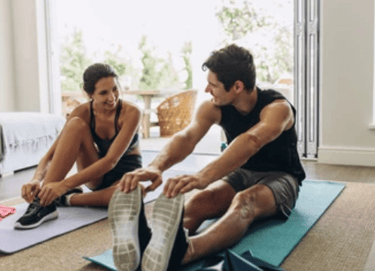

Dr. Randall Hansen is an advocate, educator, mentor, ethicist, and thought-leader... helping the world heal from past trauma. He is founder and CEO of EmpoweringSites.com, a network of empowering and transformative Websites, including EmpoweringAdvice.com.
He is the author of the groundbreaking Triumph Over Trauma: Psychedelic Medicines are Helping People Heal Their Trauma, Change Their Lives, and Grow Their Spirituality and the well-received HEAL! Wholeistic Practices to Help Clear Your Trauma, Heal Yourself, and Live Your Best Life.
Dr. Hansen's focus and advocacy center around true healing ... healing that results in being able to live an authentic life filled with peace, joy, love. Learn more by visiting his personal Website, RandallSHansen.com. You can also check out Dr. Randall Hansen on LinkedIn.
